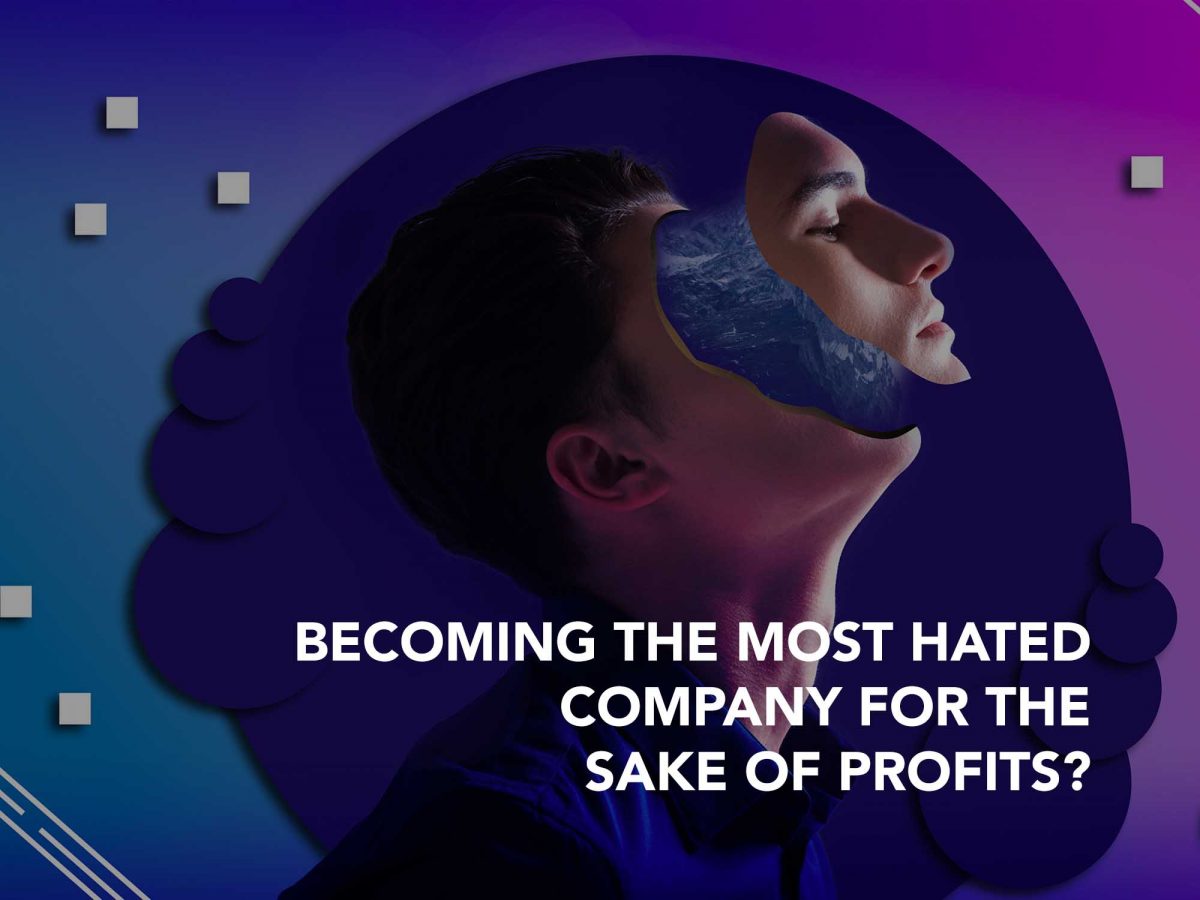Would you sacrifice your product’s renewal rate for the sake of your company’s long term?
Apple has been talking some time ago about how their repairs are hurting the bottom line.
They got to a point where people still have an iPhone 7, 6 or even 5. And they’re okay with them — no need for them to upgrade to iPhone XS/XR. I’m also talking about the people who have the means to upgrade.
The fact that there is diminishing value in upgrading phones within the last years is a different discussion. And planned obsolescence is also one worth having. But not for today.
My point is this — are you in (with your company) for the long-term or for the short-term?
I have no problem with both, I’m a bigger fan of the long-term but I understand people’s positions.
I understand why companies like Comcast are hated when they drain every single possible penny from a customer. Or when TV channels realise everyone is moving to YouTube but don’t want to change — so they start going short term, draining customers rather than delighting them.
It makes sense. It’s not cool at all but it does make sense. If you know you’re going to die soon and change is not an option for you, you’ll want to reach out for as much as possible.
However, where are you within this range?
More short-term? If you’re in a situation I’ve described yesterday, which is you’re running a SaaS product that’s good but not amazing, you would be looking for the short-term gain.
That could translate to:
- Squeezing customers for as long as you can — even if it’s at the expense of metrics like NPS. I don’t recommend this but some companies do it and I understand why. If you know you’re going out of business in a year and a half, what’s the point of building brand?
- Selling the company. Maybe a bigger parent company has the guts to take your product through the storm of a non-favourable economic situation
On the other side, if you have the vision, diligence (and the guts, since we’ve just mentioned them), I do hope you get confidence when you hear the word “long-term”. I can paint pictures of compounded growth and get you motivated but I suppose you’ve made the calculations yourself by this point.
Note: when I say squeeze, I don’t mean I’m encouraging breaking laws or moral laws. Think of the email you’ve received as a reply from a service saying “Sorry, our policy doesn’t cover any kind of return” — that kind of bad move.
If you prefer it explained directly
Here is what I’m saying in a more compressed way: decide for yourself whether the company is going the short-term path or the long-term one. Whether you plan on building something that:
- can be sold a.k.a. the famous “exit” phrase
- not care about building brand or a perfect reputation and reap more out of your customers
- buckle up for a longer road and acting accordingly — sacrificing what’s now for something more at a later moment.
About Ch Daniel
I run Chagency_, an experiences design agency that specialises on helping tech CEOs reduce user churn. We believe experiences are not only the reason why users choose not to leave but also what generates word of mouth. We’re building a credo around this belief.
If I’ve brought you any kind of value, follow me and get in touch here: LinkedIn | Twitter | Email | Quora | YouTube (same content but in video)
I’ve also created an infinitely-valuable app for sneaker/fashion enthusiasts called Legit Check that impacted hundreds of thousands over millions of times – check it out at chdaniel.com/app
Please share this with someone and subscribe to our newsletter!— helps us keep pumping content?
Illustration Credits: Victoria Hewala




